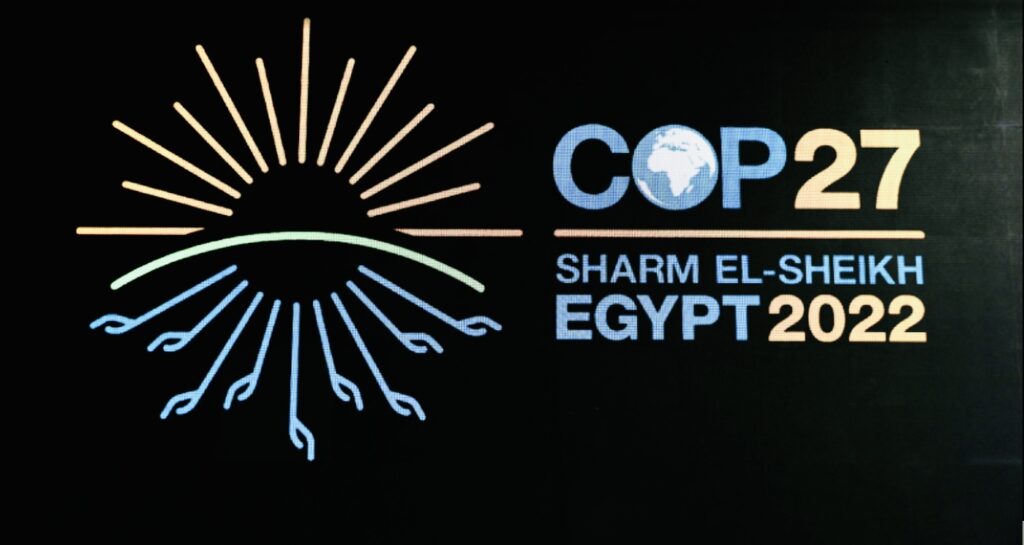Sharm el-Sheikh/New York, November 7 – Making a bold move, UN Secretary General Antonio Guterres proposed a historic Climate Solidarity Pact in which countries can cooperate to reduce emissions and limit global warming to 1.5 degrees Celsius.
Guterres challenged rich countries to lead the fight against climate change, urging China and the United States, the world’s biggest emitters, to join and assume their own particular responsibility to make the pact a reality.
To limit temperature rise to 1.5 degrees, the world must achieve global net zero emissions by 2050, he said, but added that the 1.5-degree goal is now on “life support” and the world is close to the point of no return. He called on all G20, which groups the developing and emerging countries, to accelerate their transition to clean energy this decade to avoid that fate.
“Developed countries must take the lead,” he said in an address to the Leaders at COP27. “But emerging economies are also critical to bending the global emissions curve.”
“I am calling for a historic Pact between developed and emerging economies – a Climate Solidarity Pact.” he said.
He said the pact will allow “all countries to make an extra effort to reduce emissions this decade in line with the 1.5-degree goal. Wealthier countries and International Financial Institutions provide financial and technical assistance to help emerging economies speed their own renewable energy transition.”
The pact aims at “ending dependence on fossil fuels and the building of coal plants – phasing out coal in OECD countries by 2030 and everywhere else by 2040.”
The pact will “provide universal, affordable, sustainable energy for all” and “in which developed and emerging economies unite around a common strategy and combine capacities and resources for the benefit of humankind.”
Loss and damage
For the first time the issue of loss and damage payments has been added to the agenda of a COP summit following negotiations by the Group of 77 (countries) and China, a move demanded by developing countries and supported by the Alliance of Small Island States (AOSIS)
Developing and vulnerable countries have suffered the worst impacts of climate change and have demanded developed countries, which are responsible for the worst emissions, to pay for those damages.
“Loss and damage has to be credibly addressed and the time has come for us to do so. The real test will be the quality of the discussions. The judgement will be based on the quality of the outcome,” Simon Stiell, head of the U.N. Climate Change, said after COP27 included the item on the agenda of work.
(By J.Tuyet Nguyen)
United Nations correspondent journalists – United Nations correspondent journalists – United Nations correspondent journalists – United Nations journalism articles – United Nations journalism articles – United Nations journalism articles – United Nations News – United Nations News – United Nations News

